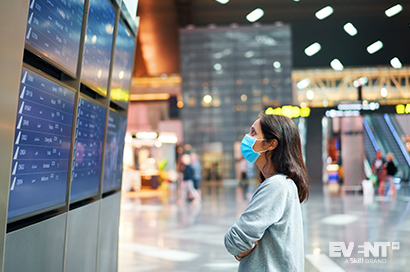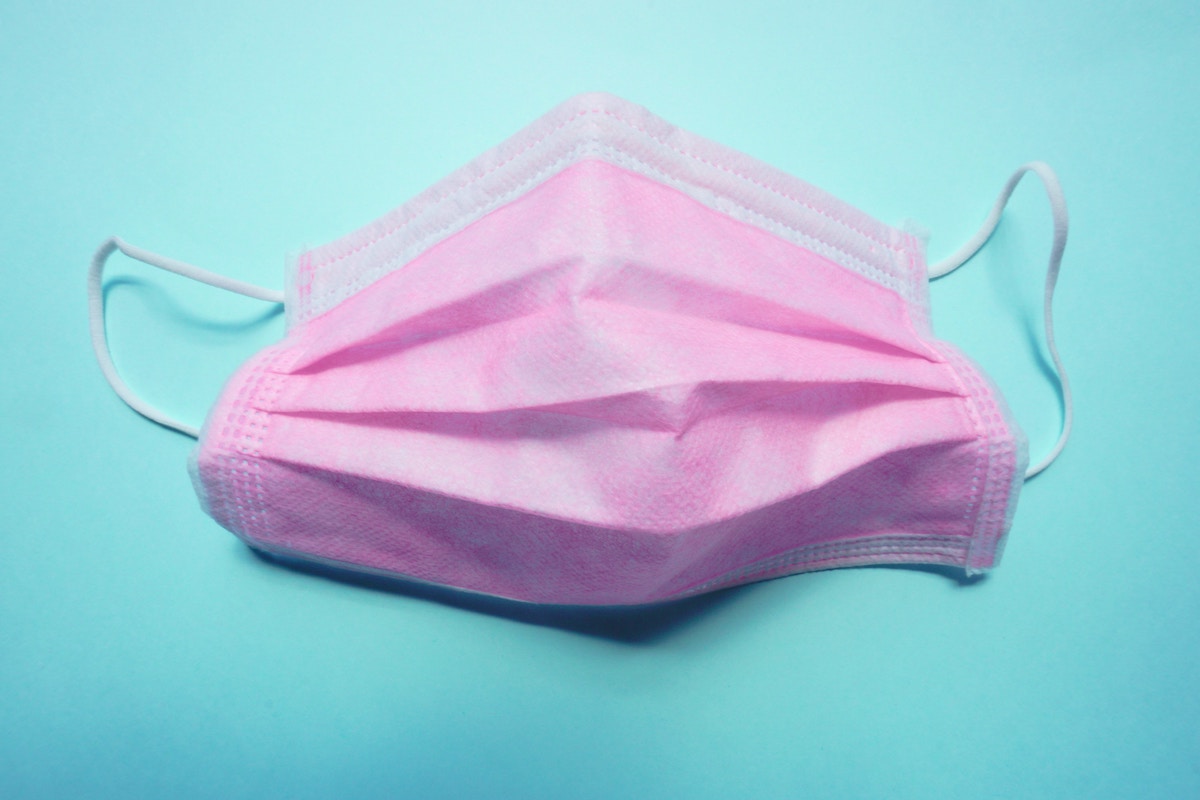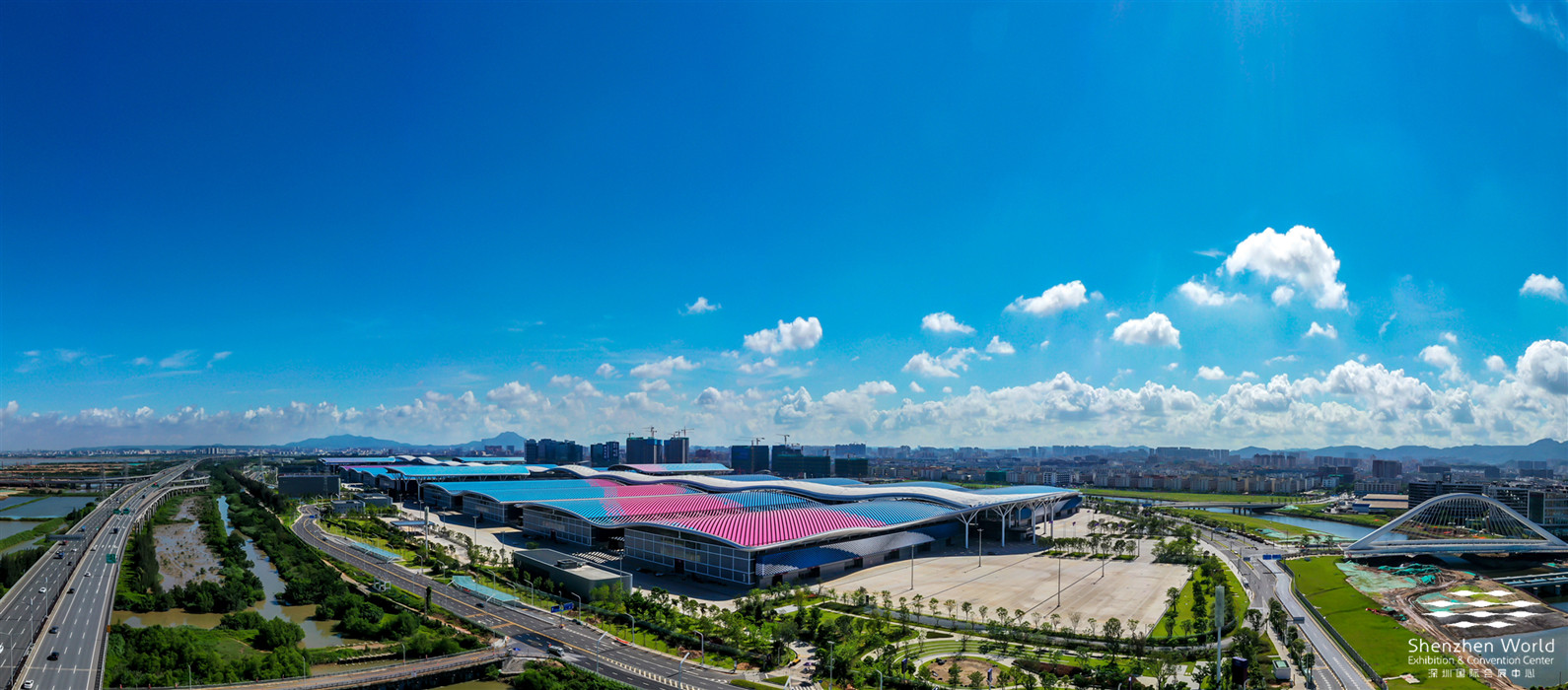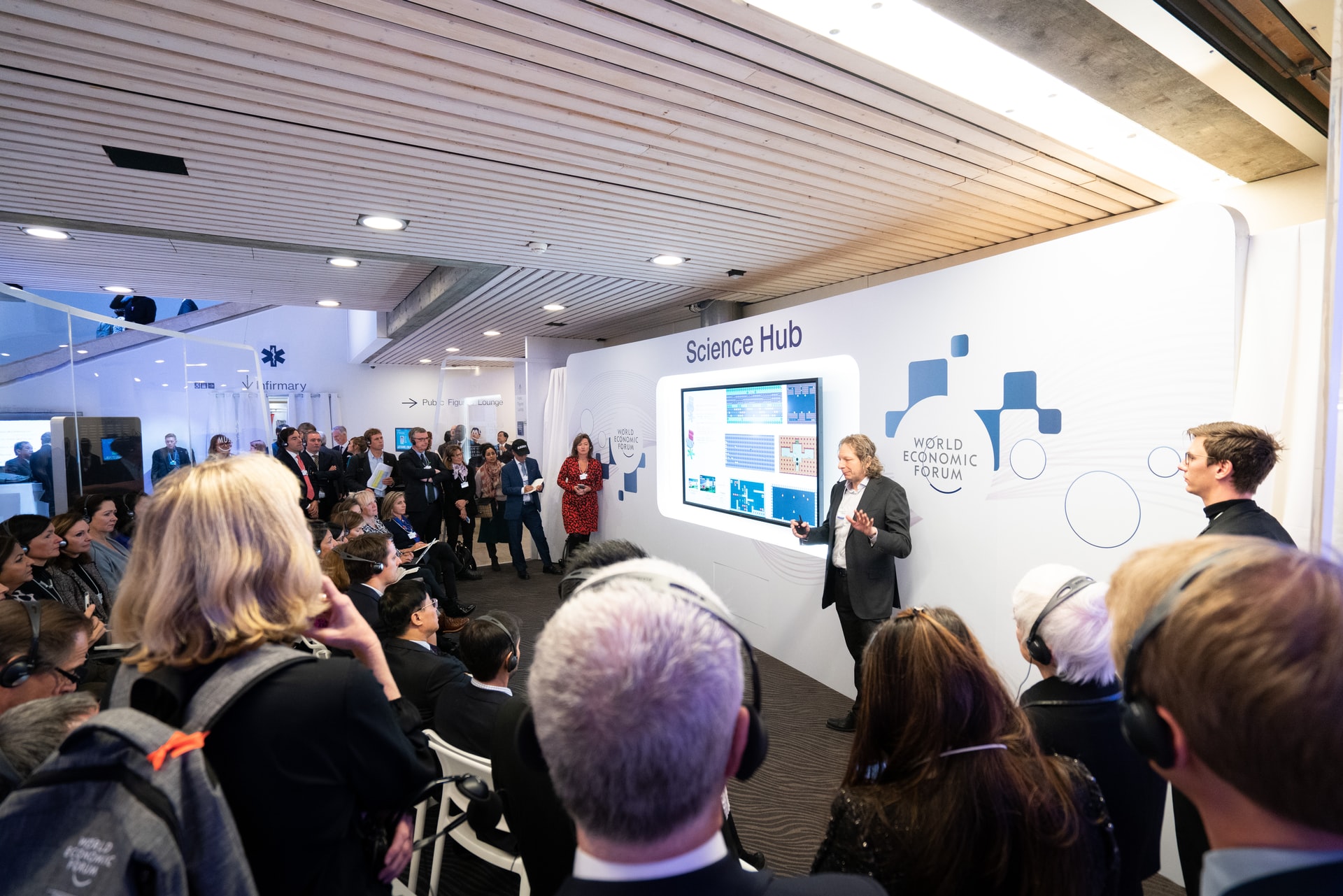Skift Take
A decline in Covid-19 cases and relaxed border controls in some regions has tasked CVBs and DMCs with a new challenge: promoting their destinations as safe and secure in the midst of a pandemic that is far from over.
In some cases, nations are working together in a unified PR effort. Europe’s Strategic Alliance of the National Convention Bureaux, for example, recently launched a new joint website to raise the collective profile of the 28 CVBs that it represents.
Despite this demonstration of solidarity, marketing campaigns often differ widely from country to country — many of which completely neglect to mention the pandemic whatsoever. While some destinations will not acknowledge the elephant in the room, others have entire news sections dedicated to providing updates on the pandemic.
We reviewed the marketing campaigns of ten destinations, and we found some overriding trends across regions. In many cases, those that are pushing the hardest for your business have some of the most comprehensive safety measures in place under the ‘new normal’; alternatively, those with some of the strongest pre-pandemic portfolios are eager to remind their audience of the ‘old normal’ as a reassurance of future success.
Destination Safety Measures Under the ‘New Normal’
CVBs have always had a dual functionality as both a marketing platform and a resource for information within the industry. Arguably, these two roles apply equally to the Covid-19-related content that many CVBs are publishing.
PUERTO RICO
Puerto Rico had been revving up for a return to business but, according to this extensive travel advisory page, has put its inbound tourism and hospitality on hold. Only essential travel is recommended for the time being. Even if you meet the requirements for new visitors — a negative Covid-19 test conducted within 72 hours prior to arrival or a 14-day quarantine on arrival — the island’s activities are largely reduced: non-essential businesses are closed, restaurants and museums are at 50% capacity, and the island has a 10 pm curfew except for in emergencies. Nevertheless, Puerto Rico’s marketing is playing a long game, reinforcing its natural beauty and cultural offerings to incentivize travel and events once things resume.
POLAND
Among European CVBs, the Poland Convention Bureau (PCB) is among those most actively promoting new health and safety measures. The PCB’s “About” page includes multiple news features with headlines that alternate between broadcasting the nation’s gradual reopening and emphasizing its enhanced safety protocols: “More Spectators Allowed at Open Air Events”, “Poland Is Now Open!”, “Wrocław – Best Practice [for Covid-19]”, and “New Projects Focus on the Safe Events Concept”. These articles serve not just to share practical information on revised travel restrictions and new safety guidelines, but to advertise Poland as ready for business under the ‘new normal.’
FRANCE
While the France Meeting & Convention Board’s website does not have multiple articles dedicated to Covid-19 updates, it does highlight the Accor Hotel Group’s “ALLSAFE” label; according to the site, this certification program is managed in partnership with the third-party health and safety organization Bureau Veritas. Again, this information is being shared in part to reassure potential travelers, in turn encouraging event planners to make bookings.
PORTUGAL
Several Southern European countries, including Portugal, Spain, and Greece, seem to be focusing their health-and-safety marketing on conventional tourism rather than on business travel. Meetings in Portugal, the country’s official CVB, does feature a “Madeira Safe to Discover” video in the “Multimedia Gallery” section of its website (at the very bottom of the landing page), but this video was produced by Madeira’s tourism board, not by its convention bureau. Similarly, the “Lisboa Woke Up” video also featured in the gallery was produced by Visit Lisboa. In keeping, Visit Portugal has a dedicated Covid-19 information page, but no such page exists on Meetings in Portugal.
SPAIN
Similarly, the Barcelona Convention Bureau advertises “Covid-19 Information” on its landing page, but the link redirects to Barcelona Turisme’s Covid-19 information — a page that in itself seems directed less at foreign travelers and more at the domestic industry, with tips on how tourist-dependent businesses can access the government stimulus package. Further, the Spain Convention Bureau website makes no mention of Covid-19. This is in the context of a major government PR effort to revive Spain’s tourism industry under the ‘new normal.’
GREECE
Even more strikingly, although the Greek government has been one of the most vocal promoters of its strategic efforts to reopen tourism while maintaining some of the strictest border controls in Europe, neither its Meetings & Incentives page nor the Conferences Greece page appear to have been updated since the onset of the pandemic. By contrast, the Visit Greece website has a page detailing Greece’s Covid-19 containment efforts, with copy underscoring that it is “one of the safest countries worldwide.”
JAPAN
In contrast to EU states, most Asian countries have been reluctant to loosen their international travel restrictions despite lifting many lockdown measures domestically. Nevertheless, many of their CVBs have adopted marketing campaigns that seem to be pre-empting an eventual reopening of borders. As with their Northern European counterparts, they are placing a strong emphasis on their health and safety measures under the ‘new normal.’
The Japanese government, for example, is still enforcing strict travel limitations, but several municipal convention bureaus are actively advocating for a return to business. The Osake MICE website gives top position to a series of recommended infectious disease control measures, with dedicated sections for events, hotels, meeting venues, and party venues. These guidelines are part resource, and part advertisement for the high standards expected from their local facilities. The Business Events Tokyo website similarly highlights a page titled “Tokyo Updates Towards the New Normal”, which acts as a platform for local venues and hotels to advertise their enhanced hygiene measures.
By using the English language even where auto-translation is impossible, these CVBs are sending a clear sign that they are targeting an international audience despite the current travel bans. Even on the Japan National Tourism Organization (JNTO) website, information on Japan’s travel bans is introduced with a graph of “Cumulative Confirmed Cases of COVID-19 by Country” charted over time — Japan’s flat line sends a clear message that it is one of the safest countries in the world.
THAILAND
The Thailand Convention and Exhibition Bureau has taken their Covid-19-related marketing a step further, with a banner headline of “Thailand Situation Update Coronavirus (Covid-19)” on its landing page. The headline redirects to a dedicated news page with articles not just on the domestic situation, but on the international one as well. Ultimately, the global topics serve to highlight how well Thailand is doing by comparison. One article, titled “Covid-19 testing at Suvarnabhumi airport upgraded to increase efficiency”, functions to promote the efficacy of Thailand’s border controls while emphasizing the possibility for its airport testing program to be expanded, in this way allowing more foreigners to enter. The overall message is that Thailand is making careful plans to reopen.
TAIWAN
The Meet Taiwan website similarly has a “2019 Novel Coronavirus (Covid-19) Update” page, although some of the articles are not strictly related to the pandemic. The most recent article, titled “Taiwan ranks 2nd safest country in world”, relates to its low crime levels. Much like the Thai CVB, it features articles on both its success in controlling the pandemic and its progress toward looser travel restrictions. One article, titled “Taiwan Confirmed No New Cases of Covid-19, Border Restrictions Relaxed”, explains that the Taiwanese government is offering a shorter quarantine period for select business travelers — a stark contrast to the Southern European countries that seem to be focusing their reopening efforts on leisure travel.
Destinations Leveraging the ‘Old Normal’ to Build Confidence in their Brand
While many destination marketing campaigns have placed a strong emphasis on safety, some have instead chosen to shift the focus back to their pre-pandemic successes, or the ‘old normal’ if you will.
The German Convention Bureau (GCB) website, for example, emphasizes both the strength of its events industry and its thought leadership in key market sectors. The future may be uncertain, the site suggests, but Germany’s top-tier position is a safe bet. España Global’s Spain for Sure video campaign has a very similar message, with a much stronger focus on the country’s longstanding reputation than on its current safety measures.
Nevertheless, the only way to ensure our continued emergence from lockdown is through successful containment measures. Otherwise, the official hashtags for both Germany’s and Spain’s tourism campaigns will remain relevant past their due dates: #spainawaitsyou and #germanyawaitsyou.
Destinations Investing in Digital Value Delivery
Still, some campaigns seem to embrace the idea that they are promoting their destination’s brand purely for the long-term ROI. Many have devised ways to experience their best attractions virtually. The GCB, for example, has launched a #MeetGermanyFromHome social media campaign. The JNTO has developed two similar campaigns: a digital cultural delivery campaign called Experience Japanese Culture Online – From Zen to Geisha and a virtual tour system called Traveling Without Leaving Home – 360° Virtual Tours of Japan. Although they are also pushing hard for near-term business, the PCB has created a virtual Online Site Inspection platform. Puerto Rico has the same idea, offering virtual events that showcase what Puerto Rico has to offer, including music, dance, cuisine, and scenic tours. Even Greece, a country that has been vocally promoting its reopened tourism market, has created a PR video that suggests would-be travelers can vicariously enjoy its best qualities from home: Greek Summer Is a State of Mind.
They are each vying to be the go-to dream destination for travelers once business as usual returns.
IN CONCLUSION
Of course, the events industry and tourism sector cannot sustain itself on dreams alone for too long. It also remains to be seen how effective the ‘new normal’ safety measures will prove to be for countries that are just beginning to reopen, and their biggest test will be the very thing they are inviting: an influx of international travelers.
For now, all eyes will be on the nations promoting their health and safety protocols. Will their future in-person business events fulfil the promise of their PR campaigns? Will top-tier destinations be able to weather the storm even if their regions are hit with a second wave? What we can say for certain is that once a vaccine or a miracle cure is developed, every destination on earth will be calling for a celebratory return to widespread travel.





